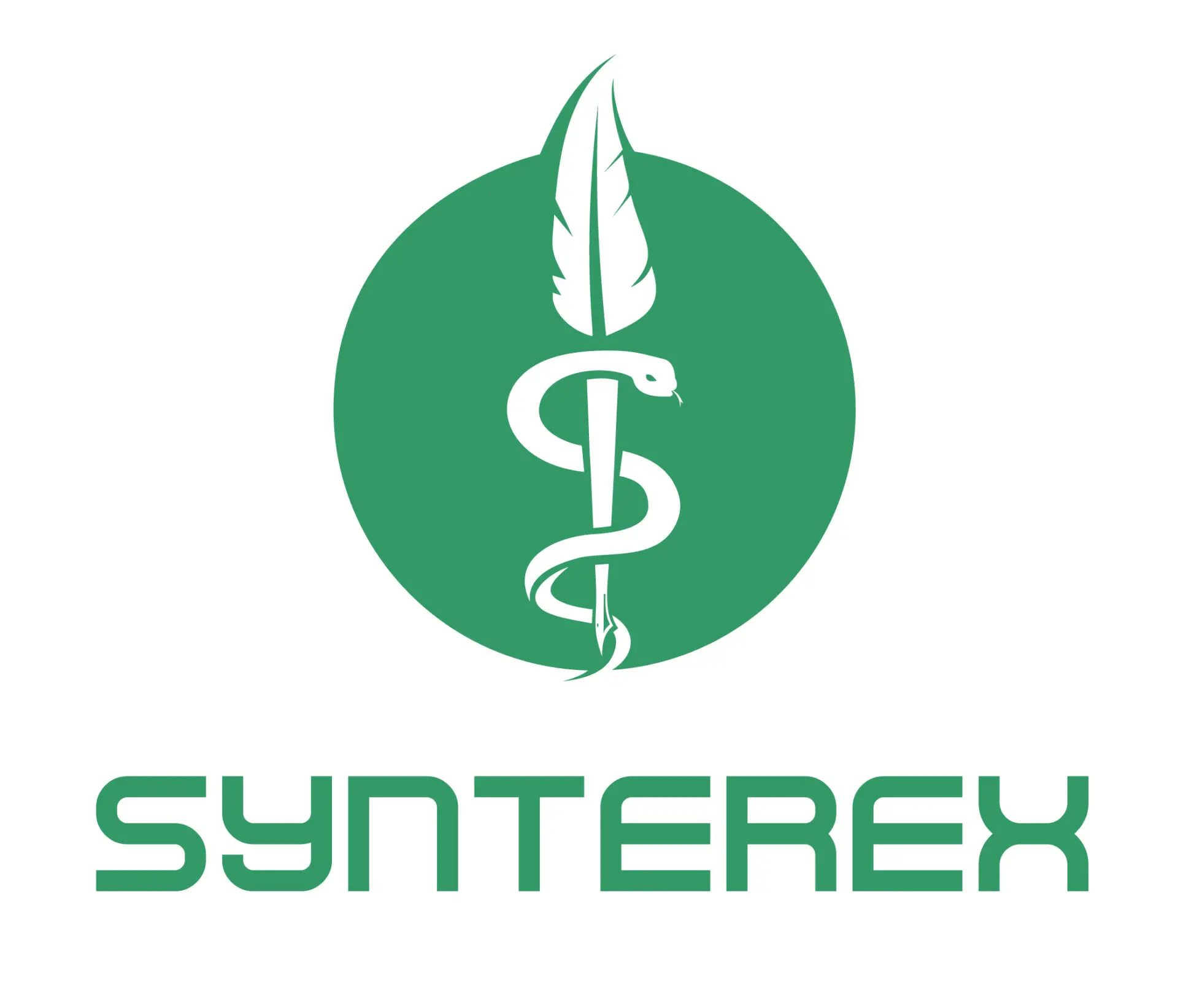Archive for August 2024
Best Practices for Managing Information Requests from Health Authorities
Managing information requests from health authorities such as the FDA is a critical aspect of regulatory compliance for pharmaceutical companies. These interactions can directly affect the pace of your product’s approval process. To succeed, it’s important to follow best practices that focus on clarity, accuracy, and efficient project management. A key component to success is…
Read MoreBiosimilar Laughs: A Chuckle in Every Dose
What is a Biosimilar? In the scientific realm, biosimilars, akin to their reference products, are biologic medications. Approval for biosimilars hinges on demonstrating no clinically significant differences in safety and efficacy compared to the reference products. Picture them as biological siblings, crafted from the same sources as live cells or microbes, ensuring the same safety…
Read More10 Most Common Risks to Your BLA or NDA Timeline (and How to Mitigate Them)
When pursuing a Biologics License Application (BLA) or New Drug Application (NDA), meeting timelines is crucial. However, the path to approval is often fraught with potential delays. Understanding these risks—and knowing how to mitigate them—can make or break your timeline. Top 10 most common risks and expert tips on how to manage them effectively 1.…
Read MoreA Day in the Life of a Medical Writer
Step into the dynamic world of medical writing at Synterex and discover a day in the life of our talented medical writer, Cheryl Kolus. How did you become interested in medical writing, and what led you to pursue it as a career? I have both a medical background (veterinarian) and a writing/editing background (including…
Read MoreWriting Regulatory Submissions with the Label in Mind: Key Strategies for Success
When preparing regulatory submissions, especially in fields like oncology, it’s crucial to focus on the end goal—the drug’s label or Summary of Product Characteristics (SmPC). These documents aren’t just regulatory requirements; they serve as the foundation for how the drug will be positioned in the market. Writing with the label in mind means threading key…
Read MoreTaylor Friend: Employee Spotlight
Today’s Employee Spotlight is on Taylor Friend, one of our amazing medical writers. Read our Q&A with her below. How do you feel about Synterex being recognized on the Boston Business Journal Fast50 list of the fastest growing companies in Massachusetts? This award is a testament to the high-quality work our team does, and I…
Read MoreKeeping Cultural Differences in Mind as We Create Documents
As Americans, we tend to be very insular in our thinking. Since we don’t generally need to know another language, most of us don’t understand anything but English. Since we typically have far fewer vacation days than other countries, our vacations tend to be short. Our travels are likely to be something like a week…
Read MoreAspartame: Oh, Not So Sweet
People started becoming afraid of aspartame after its labeling as “possibly carcinogenic to humans” by the World Health Organization (WHO) on July 13, 2023. Since then, there has been ongoing discussion about aspartame’s carcinogenic potential. What is aspartame? Aspartame was an accidental discovery by James M. Schlatter in 1965 that went on to become an…
Read MoreHow AgileWriter Addresses Common AI Concerns
In the rapidly evolving landscape of artificial intelligence, ensuring that generative AI systems adhere to robust standards is crucial. The National Institute of Standards and Technology (NIST), for example, has developed the Generative AI Intelligence Profile, a comprehensive framework designed to guide the development and deployment of generative AI technologies. AgileWriter is at the forefront…
Read MoreHarnessing AI for Clinical Documentation in the Biopharma Value Chain: The Benefits of a Technology-Agnostic Approach
In the fast-evolving biopharmaceutical industry, the integration of artificial intelligence (AI) into clinical documentation processes presents an unprecedented opportunity to enhance efficiency and accuracy across the entire value chain. By adopting a technology-agnostic AI system, biopharma companies can significantly streamline operations, reduce costs, and accelerate drug development, ultimately delivering innovative therapies to patients more quickly.…
Read More

